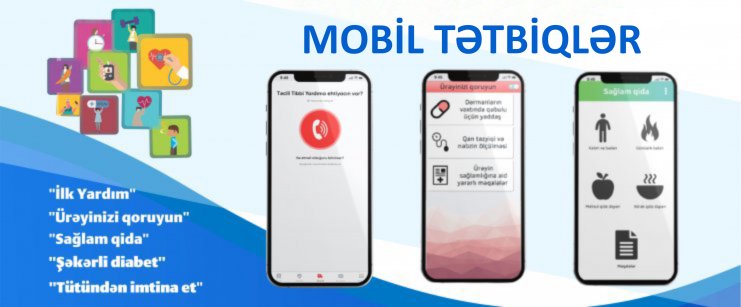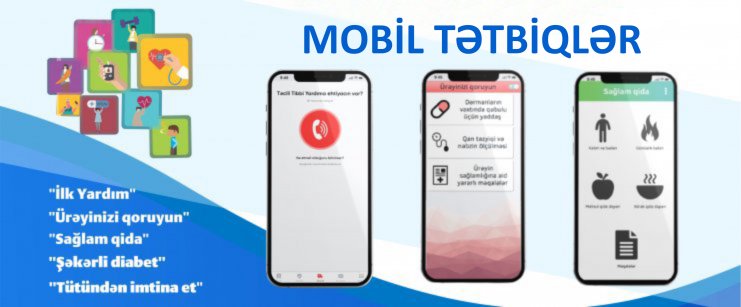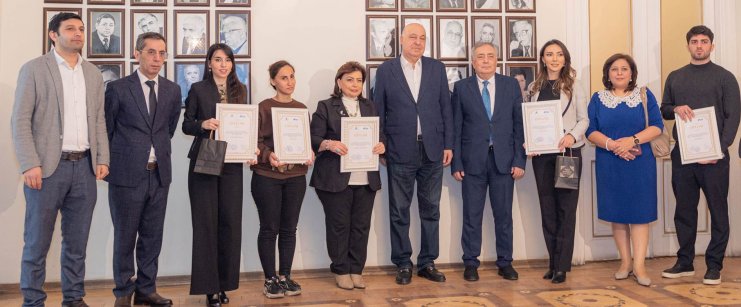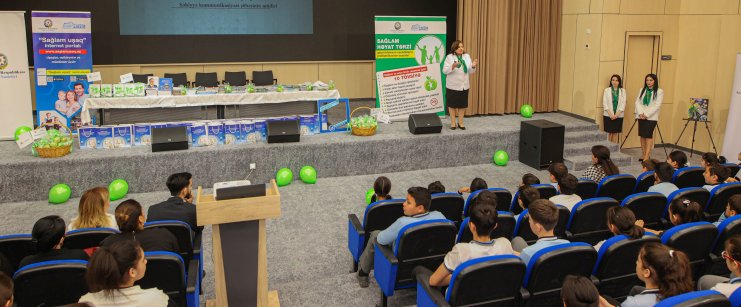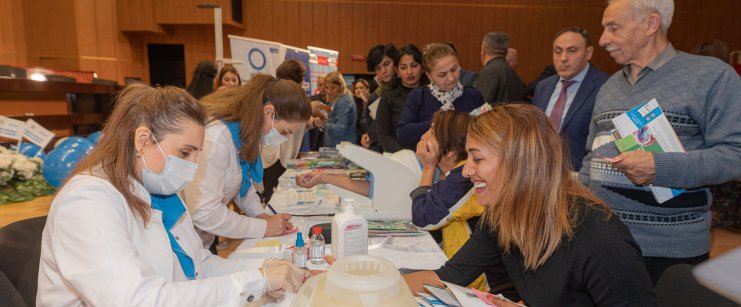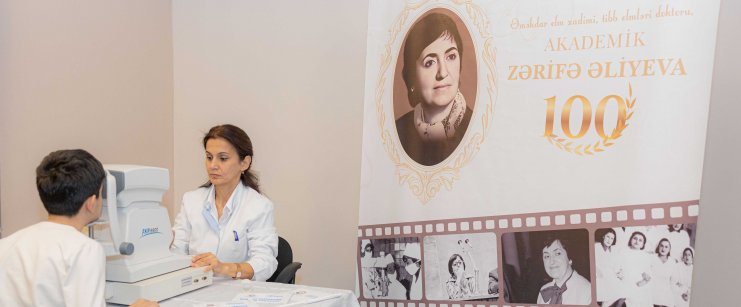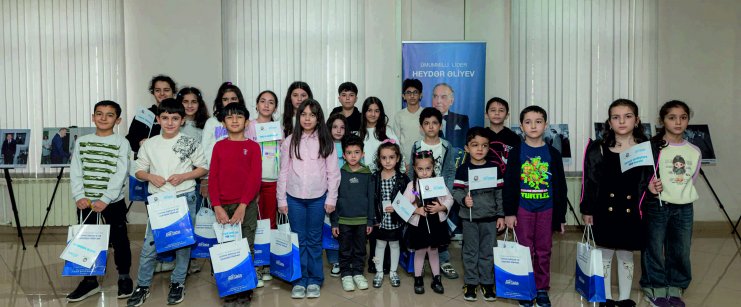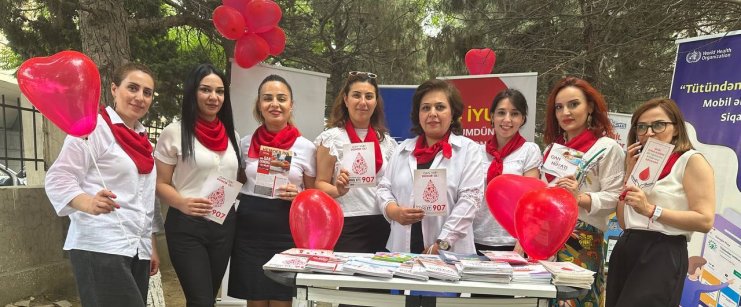18 MARCH 2015
Public Health and Reforms Center held a seminar called "Compulsory medical examination of children in Azerbaijan: Challenges and Perspectives"
"The 2013-2017 State Program on compulsory medical examination of children" envisages enhancing of material and technical infrastructure, provision of diagnostic equipment and reagents for laboratory tests, improvement of healthcare personnel performance, carrying out compulsory medical examination of children, and wide promotion among general public. Following the Action Plan of the Ministry of Health on implementation of the "State Program on compulsory medical examination of children", Public Health and Reforms Center of the Ministry of Health (PHRC) was entrusted with development of clinical protocols and manuals on health services to children, training for primary health care workers, development of monitoring mechanism and evaluation of the mandatory medical examination of children.
To discuss the prospects and challenges in the implementation of compulsory medical examination of children and identify solutions, a seminar was held at PHRC on March 18, 2015. The seminar was attended by paediatricians directly engaged in compulsory medical examination of children, head physicians of children’s health centers and central hospitals in Baku, and the representative of Education Department of Baku.
While giving an opening speech at the seminar, PHRC Director Jeyhun Mammadov spoke about the activities implemented by PHRC in the mandatory clinical examination of children: "Last year, PHRC experts delivered training courses to physicians on "Compulsory medical examination of children and early detection and prevention of childhood diseases" in the cities of Baku, Sumgait, Ganja and Mingachevir. In addition, in order to monitor a compulsory medical examination of children, a survey research was conducted. We expect that following the seminar a set of recommendations on improving the quality of medical examination will be proposed to the Ministry of Health".
Senior paediatrician of the Ministry of Health, director of the Scientific Research Institute of Pediatrics named after K.Farajeva, professor Nasib Guliyev noted the sustainable measures to protect and promote children's health were being implemented by the state: "As a result of improving the quality of health care for children, since 2014 children in our country have undertaken a compulsory medical examination". Head of Health Policy and Reforms Department of PHRC, Tohfa Jamilova, presented about the goals and objectives of compulsory medical examination of children, the basis and main directions of the State Program. The spokesperson explained the role and tasks of schools and health centers in performing compulsory medical examination. At the same time, she highlighted state control issues, qualitative and quantitative monitoring and assessment of compulsory clinical examination of children.
PHRC, Health Policy and Reforms Department specialist Nabil Seyidov presented the findings from the research survey conducted to monitor and evaluate the mandatory medical examination of children: “PHRC conducted the research survey among schoolchildren at 6-10 grades of 50 senior secondary schools in 11 Baku districts, parents and pediatricians. The survey measured children’s health status, physical activity, eating habits, reproductive health awareness and knowledge. The survey also helped identify the level of public awareness on the "State Program on compulsory medical examination of children", as well as barriers to implementation of the clinical examination.”
Head of the Quality Health Services Standards Department, Shahla Ismailova spoke about the "Organization and rules of compulsory medical examination". Head of Health Communication and Public Relations Department of PHRC, Aynur Rashidova presented on "The importance of communication in children's health care". The report covered the guidelines for consultation, an effective communication with children, their parents and physicians within medical examination.
During the practical part of the seminar, the participants, divided into working groups, discussed the challenges and difficulties in the organization of medical examination, analysed the proposed quality indicators for medical examination. Based on the results of the group work a set of recommendations was developed to help improve efficiency of compulsory medical examination for 2015.
Tutorial with the title "Laws and regulations on a compulsory medical examination of children" and public awareness leaflets produced by PHRC were distributed at the seminar.
